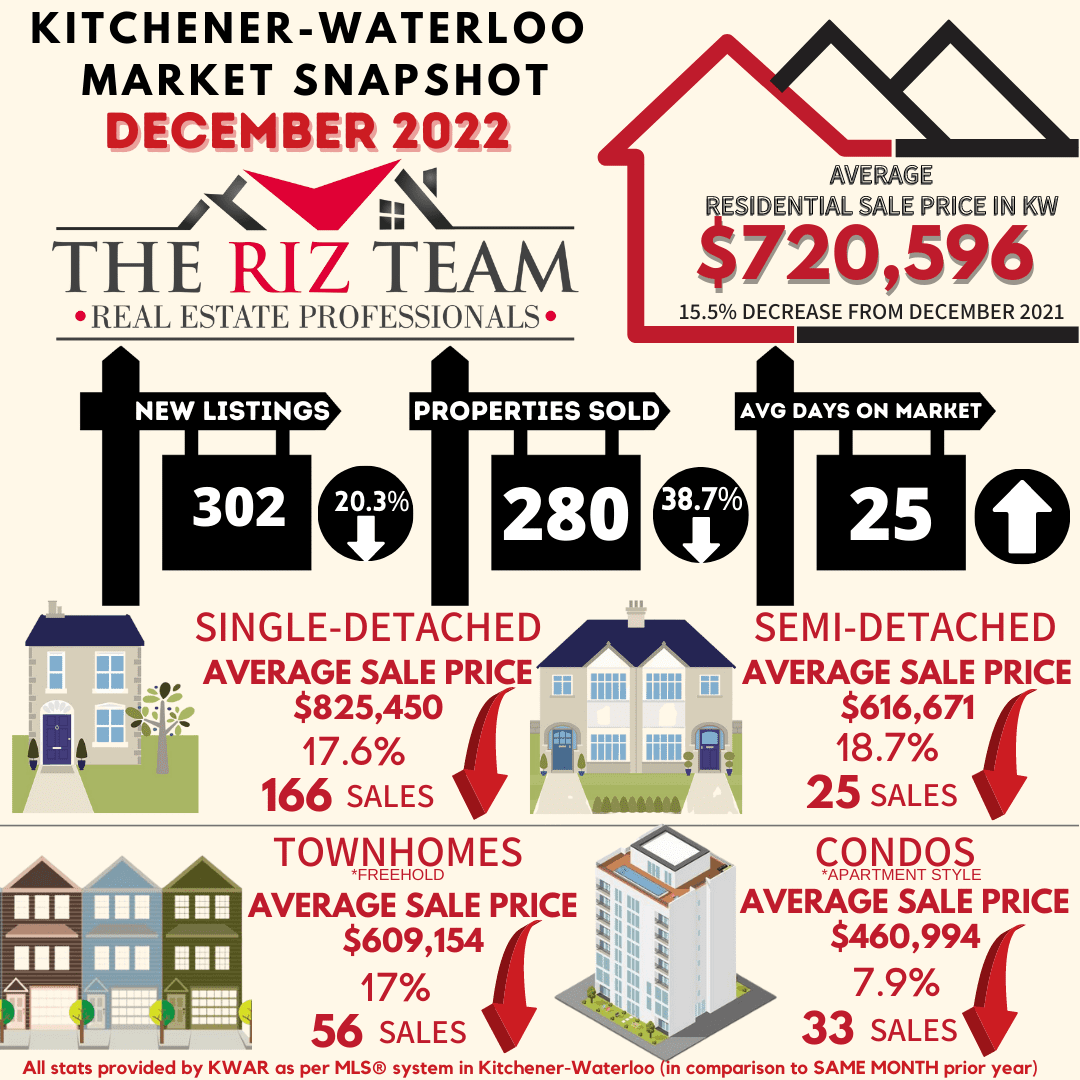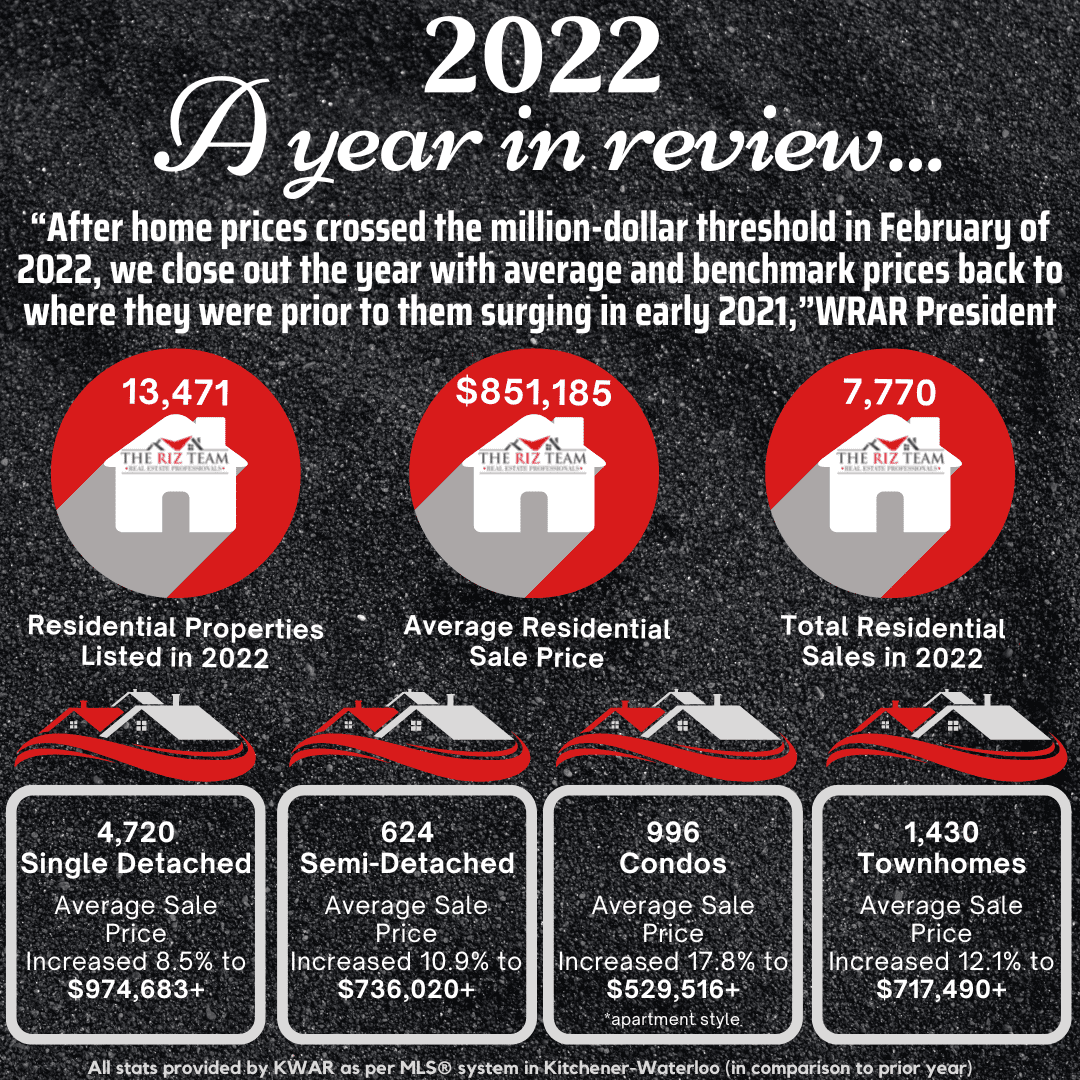First-time buyer activity drops as market adjusts to new mortgage regulations
TORONTO, October 3, 2012 – The Royal LePage House Price Survey released today showed the average price of a home in Canada increased year-over-year between 1.8 and 4.8 per cent in the third quarter of 2012.
Survey findings indicated that the average standard two-storey home in Canada increased 4 per cent year-over-year rising to $403,747, while detached bungalows rose 4.8 per cent to $366,773. Standard condominiums witnessed an increase of 1.8 per cent to $243,607. Most cities in Canada experienced modest price appreciation in the quarter, but fewer homes were sold compared to the same period in 2011.
“A drop in the number of homes trading hands typically precedes a period of softening house prices. Where there is reduced demand, those who want to sell their homes adjust their asking price to stimulate interest. During the third quarter, unit home sales were positive in July, fell 9 per cent year-over-year in August and we are expecting September to show a decline as well,” said Phil Soper, president and chief executive, Royal LePage. “We had predicted this cyclical change early in the year, a natural market reaction after a period of strong expansion. Changes to mortgage regulations, which took effect on July 9th, accelerated the correction.”
In July, the Minister of Finance announced that the maximum amortization period for insured mortgages would be reduced to 25 years from 30 years. This was the fourth intervention in the mortgage market in just four years and the most impactful. Potential first-time buyers, which in a typical market represent one third to one half of all purchase transactions, felt the changes immediately.
“While hard-hit in the short-term, first-time buyers will adjust to tougher mortgage qualifications. The dream of homeownership is very much alive among young Canadians. They may remain renters for sometime as they save; some will opt for less desirable neighbourhoods and some will purchase smaller homes,” added Soper. “In the meanwhile, we will feel their absence in national sales statistics.”
Canadian consumers were bombarded with troublesome economic news from around the globe during the period, particularly in the early weeks of the third quarter. While this has been a drag on the nation’s housing market and contributed to a slowing in home sale transactions, consumer confidence appeared to rebound in September, which should support activity in the important fall market.
“Policy makers in Canada and the United States have confirmed that the current period of very low interest rates will continue, likely through 2013. This is very supportive of housing market activity and any downward pressure on home prices should be minimal,” said Soper. “And for the first time in six years, sustained positive news from the American housing market should leave Canadian’s more confident about our continued economic prosperity.”
National average house price changes do not always reflect the markets of individual cities, which are closely tied to their local economies. Case in point, some $29 billion in energy related investments are now underway in Alberta and Calgary is expected to lead the nation in economic growth through 2013. The city posted healthy price appreciation for both detached bungalows and two-storey homes, as predicted in previous Royal LePage House Price Surveys and Market Survey Forecasts.
“When the underlying economy of a city is sound and growing, house price appreciation is sustained. Calgary has enjoyed solid growth in home values this year. I have also been very pleased with the growth in commercial brokerage transactions seen in our Royal LePage Commercial business in the region,” said Soper.
Regional Market Summaries
Halifax’s strong employment levels led to average price increases across all three housing types surveyed. Detached bungalows continued to witness the largest year-over-year gains, increasing 8.9 per cent to $293,000. Detached bungalows in St. John’s witnessed the largest average price gains across Canada, rising 9.9 per cent, as mega-projects continue to boost migration.
Despite a decline in market activity, Montreal’s house prices posted healthy increases in the second quarter of 2012. Standard two-storey homes witnessed the largest average price increase, rising 5.5 per cent to $387,786.
Healthy employment in Ottawa’s technology sector balanced job loss in the government sector as the region posted healthy average price increases across all three housing types surveyed, with house price gains ranging from 4.9 to 6.1 per cent.
Average house price gains in Toronto ranged from 2.7 to 5.9 per cent for housing types surveyed. Although demand decreased modestly due to mortgage rule changes, the pipeline of potential buyers continued to put upward pressure on detached bungalows and standard two-storey homes. Multiple offers are still very common in the region.
Winnipeg’s real estate market produced average price gains ranging from 6.5 to 8.3 per cent as first-time buyers remained fairly active, despite recent changes to mortgage rules.
Low inventory coupled with demand created by low interest rates continued to put upward pressure on average year-over-year price gains in Regina. Standard-two storey homes posted the largest increase of 9.8 per cent rising to an average price of $359,500.
Calgary’s healthy market activity and increased consumer confidence has led to house price gains in the third quarter for detached bungalows and standard two-storey homes, increasing 6.5 per cent and 4.1 per cent respectively. Detached bungalows in Edmonton posted strong price gains rising an average of 7.5 per cent in the third quarter, while two-storey homes increased a modest 1.5 per cent and standard condominiums declined 0.6 per cent.
In Vancouver, average house prices posted modest decreases as market activity slowed down during the third quarter. Standard condominiums posted the largest decrease, slipping 3.0 per cent year-over-year to $498,000.




